Members of the intelligence agencies of both Bangladesh and India were involved in cross-border enforced disappearances, according to the second report of the Disappearance Commission.
The report revealed that intelligence operatives from both countries engaged in the illegal exchange of disappeared individuals across the border.
The commission submitted this report to Chief Adviser Professor Md. Yunus on June 4.
The report states that many Bangladeshi citizens were forcibly disappeared and handed over to Indian intelligence agencies without legal procedures.
Similarly, individuals from India were also secretly brought into Bangladesh. The process was driven by the demands and interests of intelligence personnel from both sides, and the commission has classified this as "interstate enforced disappearances."
Testimonies from at least five victims, who were abducted and trafficked to India where they endured severe torture, have been included in the report.
In one case, a suspect was initially detained by Indian authorities. Subsequently, Bangladesh`s Directorate General of Forces Intelligence (DGFI) formally requested the Indian side to interrogate the individual and return him to Bangladesh.
The entire process, according to the report, was conducted without court approval or any legal documentation, making it an extrajudicial operation.
Although the activities were reportedly carried out in the name of national security, the commission stated that these actions severely violated individual rights and fundamental human rights.
In multiple cases, individuals returned from India were later held again by DGFI or the Rapid Action Battalion (RAB) in Bangladesh, subjected to further interrogation and torture, and some subsequently disappeared again without any trace provided to their families.
The report also noted that some individuals were forcibly disappeared in Bangladesh and then transferred to India at the request of Indian intelligence agencies.
One detainee recounted that he was blindfolded and transported in an Indian vehicle across the border, later returned to Bangladesh, where he was told: “Whether you live or die, we will decide.”
Another detainee was reportedly sent to India to be interrogated over alleged activities related to creating video content about Indian Muslims. He was later brought back and held in RAB custody in Bangladesh.
For the victims` safety, the commission withheld their names and identities.
The commission further reported that despite verbal coordination among various agencies, there were no formal agreements or legal frameworks governing these activities.
As a result, the families of the disappeared individuals had no access to legal remedies or even basic information about their whereabouts.
The report emphasized that this type of interstate cooperation directly violates international human rights conventions, undermining personal freedom, legal protection, and the right to due process.
At a press conference in Dhaka on June 19, the commission’s chairman, Moinul Islam Chowdhury, stated that although Indian intelligence agencies were implicated, the commission had no jurisdiction over India.
However, cases have been forwarded to the police regarding those involved within Bangladesh, and proceedings are ongoing for several cases at the International Crimes Tribunal.
Human rights organizations have argued that these enforced disappearances are often justified under the pretext of international security, yet no state has the right to detain suspects in secret locations for extended periods without trial.
The report recommended bringing such activities under a clear legal framework, disclosing the names of all individuals held in secret detention, and establishing a transparent, publicly accountable agreement for joint intelligence operations.
It also mentioned that in some cases, enforced disappearances were supervised at the highest level of the state.
Specifically, the commission reported that the enforced disappearance of Hummam Quader Chowdhury, son of convicted war criminal Salauddin Quader Chowdhury, was known to Prime Minister Sheikh Hasina.


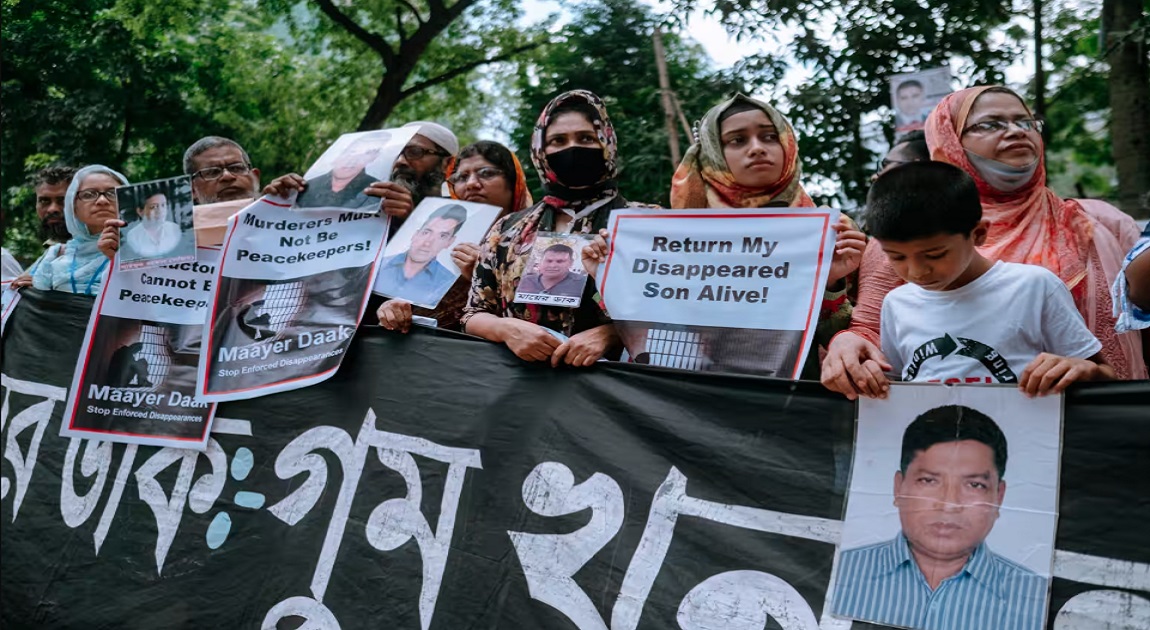




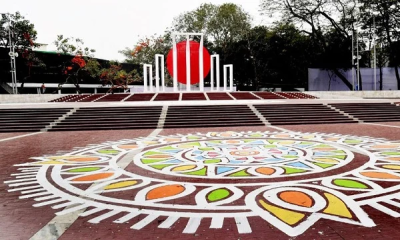



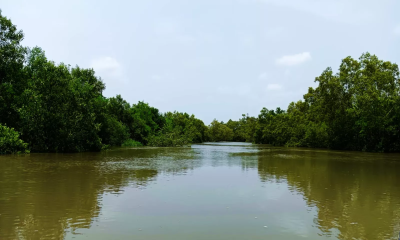

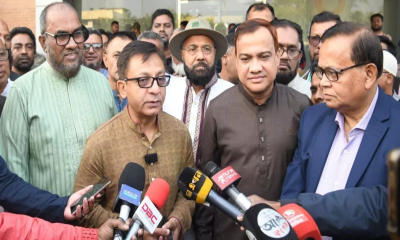
-20260220065859.jpeg)
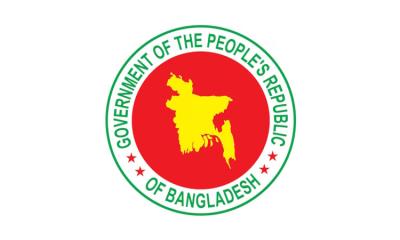
-20260219110716.webp)
-20260219054530.webp)














